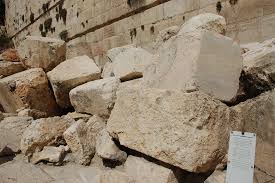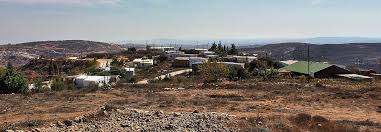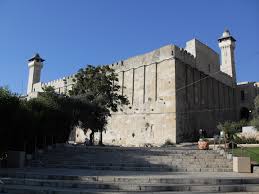Israel’s New Peace Process – Teaching Dogs to Talk

“Today a nine-year-old Palestinian boy on a school trip to the West Bank’s only municipal zoo [in Qalqiliya] had his arm bitten off by a bear that he had apparently tried to feed. The UK’s Daily Mail reported that the animal had eaten the severed limb. The Palestinian Ministry of Local Governance has closed the zoo until further notice and has set up a committee to investigate the incident and deliver its findings within a week.... It was not immediately clear if any action was taken against the bear.” (The Times of Israel, April 25, 2017)
* * *Qalqiliya has been in the news over the past two weeks. Until then, had you asked me what I knew about that town of 50,000 under the Palestinian Authority, I would have said, “Isn’t that the place where they sneak across the border to Kfar Saba and steal bicycles and laundry?”
Then I heard that they’ve got a zoo as well, so I thought it could provide a human interest story – you know – a chance to say something positive. Yet as you can see from the tragic event described above, not every zoo is a safe place to take children.
Actually, the most recent news about Qalqiliya comes “closer to home,” literally. It seems that back in September of last year, two months before the U.S. presidential election – and presumably under pressure from Barack Obama, whose politically-correct female clone was expected to win – the Israeli government’s cabinet agreed in principle to transfer enough land to Qalqiliya from Jewish “Area C” of Judea and Samaria to enable the Arabs there to more than double the size of their town (via permission to build 14,000 homes).











